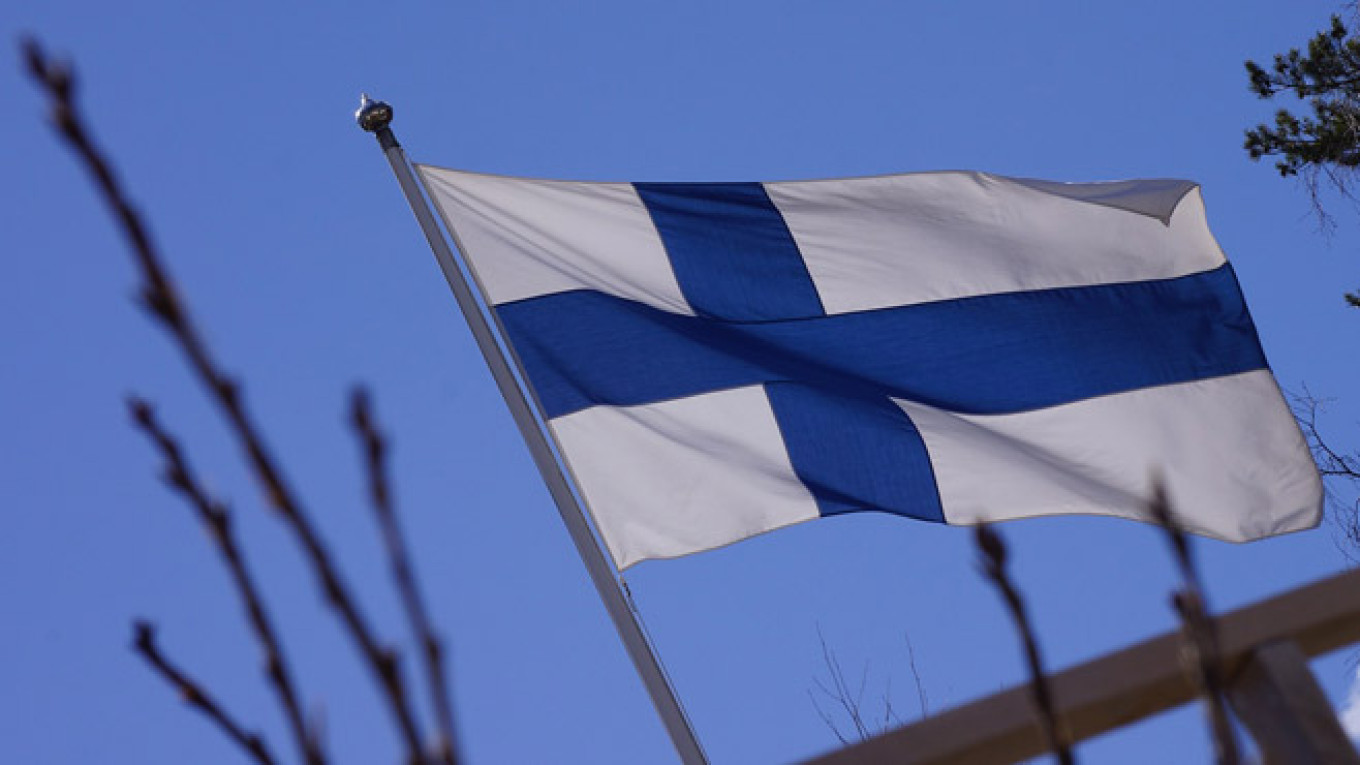HELSINKI — Finland is set to forge deeper energy ties with Russia after parliament on Friday approved plans for a nuclear plant to be supplied by Russia's state-owned Rosatom despite East-West tensions over the Ukraine crisis.
With support from 115 parliamentarians against 74 opposed, the vote comes at a time when the European Union has called on EU member states to curb energy deals with Russia.
In response to the EU's stance, Moscow recently dropped a plan to build the South Stream natural gas pipeline to EU member Bulgaria in favor of a project to send more gas to non-EU Turkey.
The Fennovoima reactor in northern Finland, which will be supplied and fueled by Rosatom, is expected to begin output in 2024. Rosatom will also arrange its financing.
"It is clear that this is not the best time for this decision from the international politics point if view. But we must make decisions when the issues come to our table," center-right economy minister Jan Vapaavuori said ahead of the vote.
He added the project would not violate EU sanctions against Russia.
The 6-7 billion euro ($7.4-8.7 billion) project originally won backing in 2010, but several investors dropped out and changes in the planned reactor's size and supplier prompted the latest approval process.
Russian nuclear company Rosatom last year agreed to take a stake if it could supply the reactor.
Among many Finns, Russia's actions in Ukraine have prompted concerns about the project. But weighing against those worries are hopes it will boost both Finland's power output and an economy set to contract for a third consecutive year.
Finland has long walked a fine line with Russia, its former ruler and an important trade partner. Proponents of the project argue it will bolster Finland's energy self-sufficiency with carbon-free power.
"This project carries a foreign policy risk, and under current circumstances it should have been put on ice. EU-Russia relations are in their worst shape in ages," said Antto Vihma, senior analyst at the Finnish Institute of International Affairs.
"Instead of accommodating Russia's new aggressive foreign policy line and managing its strategic interdependence, Finland is taking yet another step to deepen relations with Russia."
The Finnish government has asked that local companies hold at least a 60 percent stake in Fennovoima, something a recent decision by state-owned utility Fortum to take up to 15 percent should satisfy.
Investors that dropped out of the project had concerns about its profitability.
A decline in energy-intensive industries such as pulp and paper has softened Nordic power consumption, which fell 1.6 percent last year, while renewable energy is growing.
"With the current demand-supply outlook, I am skeptical about Fennovoima's profitability potential," said Antti Viljakainen, an analyst at Inderes Equity Research.
Fennovoima says the 1,200 megawatt plant will supply electricity at a price of less than 50 euros per megawatt-hour (MWh), a rate it says represents a good deal for the decades to come. The Nordic contract for power delivery in 2024 on Friday was quoted at 34.50-37.50 euros per MWh.


